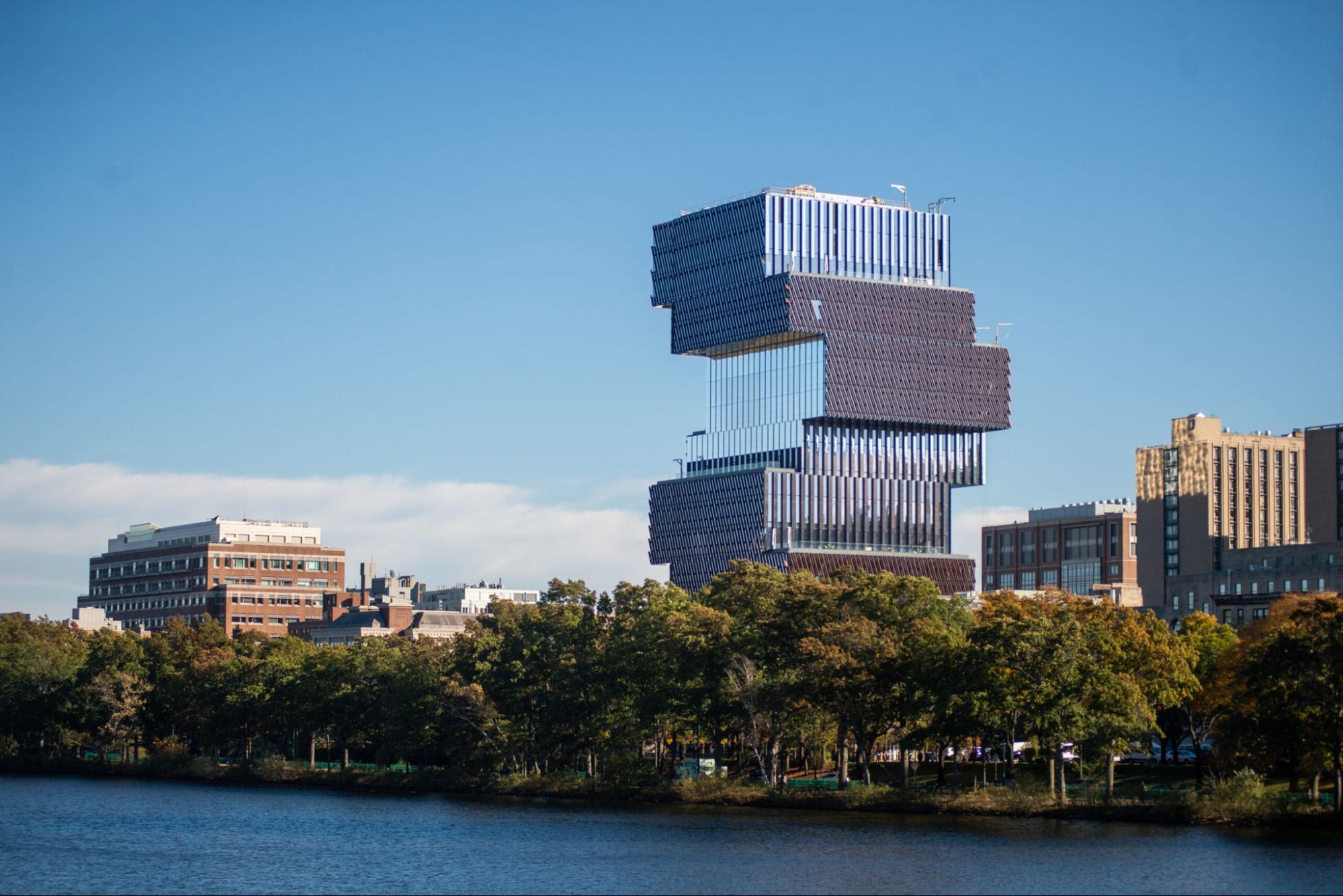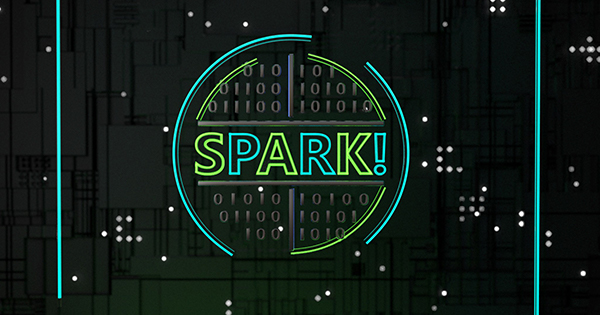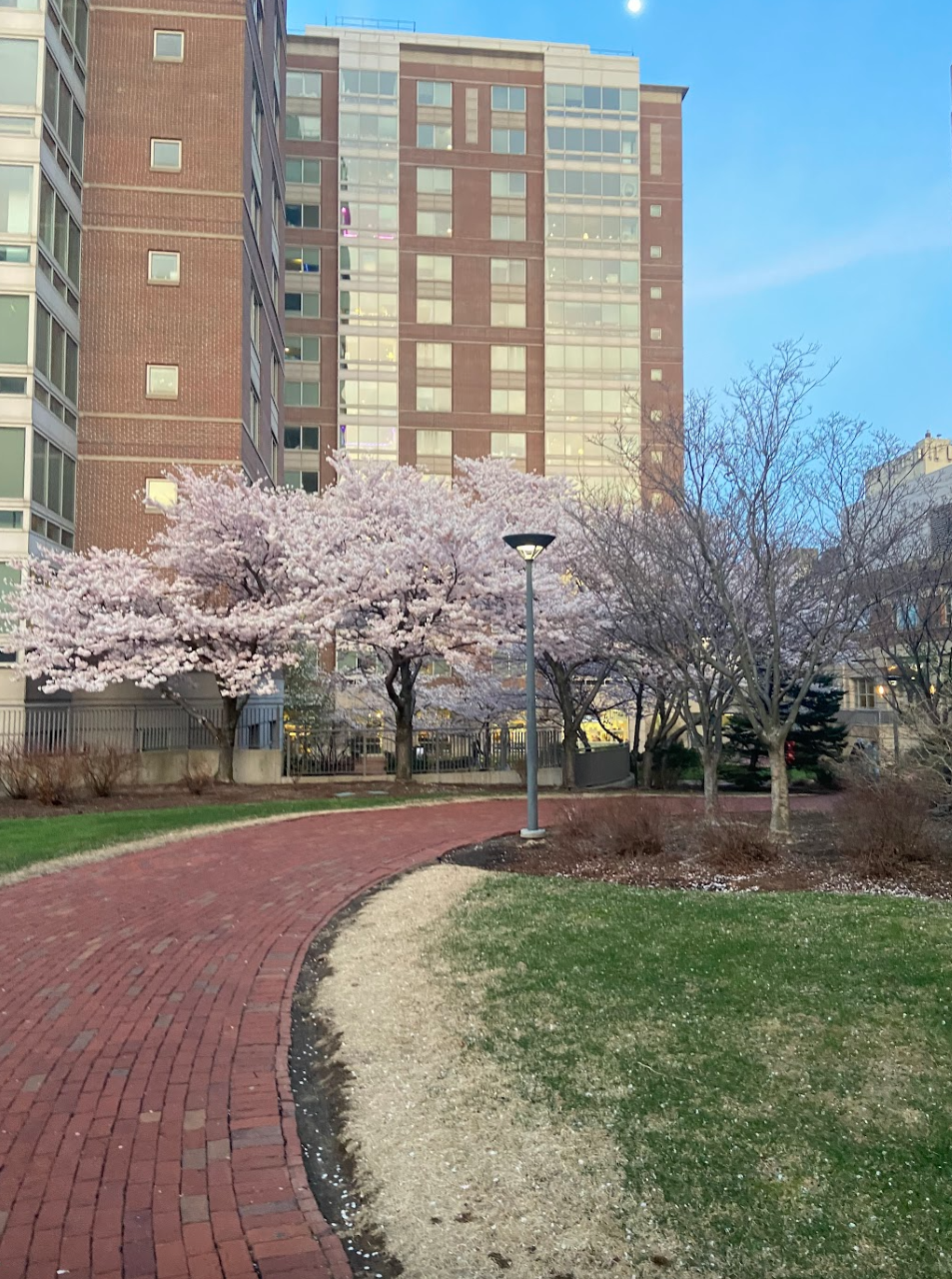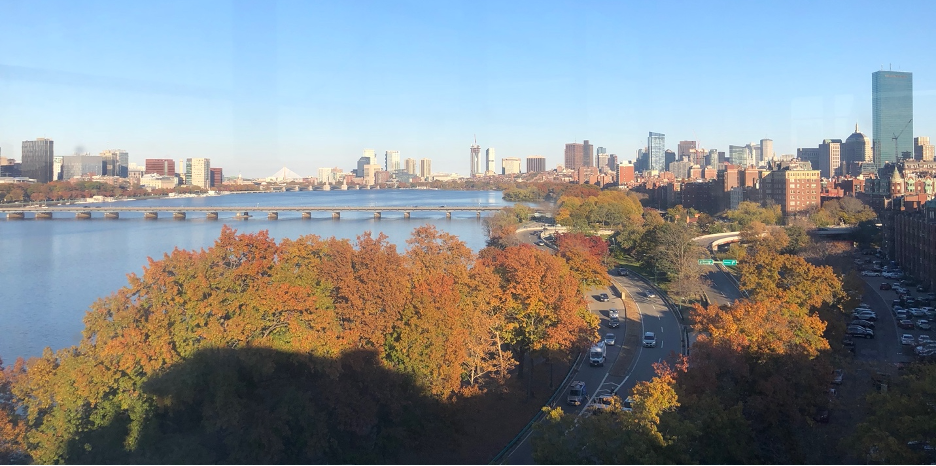Carolyn Glasener (ENG’25)
Picture this: you’re a high school student. Maybe you’ve done some volunteering or research or been on your school’s robotics team. You know you’re interested in both medicine and engineering, so you apply to be an engineering major with a pre-medicine designation at BU.
Now, you’re at BU and Kilachand, and all your advisors are telling you to get involved in extracurriculars. The options are so overwhelming. You have to volunteer, manage engineering and honors classes, do research, join clubs, and gain clinical experience?! What even is a clinical experience?!
Fret not, anxious student. As someone who’s lived it (and survived), I’m here to give you the engineer’s guide to being a pre-medical student.
1. Studying and Time Management
The first thing you have to do in college is adapt. The course load can feel overwhelming for an engineering student. If you’re in Kilachand, you take additional classes, adding to this feeling. Before getting involved, you have to first establish strategies for success in your classes. This often means learning how best to study.
Part of studying is actually planning. This is where the best tool known to a busy college student comes in: Google Calendar. I use my calendar to track all my classes, exams, volunteer hours, and club meetings.
Establishing study habits and time management early on in your college career are the best things you can do for yourself. Do this before volunteering and clinical experiences!
2. Clubs
What you can (and should) do while establishing your student habits is join clubs. Go to Splash, BU’s club fair, and sign up for whatever sounds interesting to you. You can narrow down the list of what you actually want to be involved in after the club’s initial meeting. Pick clubs that you’re interested in, not just clubs that you think medical schools will like. They’ll like it more if you have a genuine interest. Clubs are a great way to get involved from the start of college, without having to commit huge amounts of time.
I highly recommend joining BU’s Pre-Medical Society, as you’ll get to interact with other pre-medical students, attend events, and even gain a mentor through the Physician Mentorship Program.
3. Shadowing
Shadowing is a great way to be exposed to healthcare. BU’s Physician Mentorship Program is a great way to do this, as you get matched with a physician. As someone who didn’t have any personal connections to doctors, this was great for me! My physician mentor is super nice and offered to let me shadow him before I could even ask. Shadowing can be difficult if you have a lot of classes during the day, but you can shadow during the summer and over breaks, regardless of if you’re in Boston or not.
If you don’t want to do the program, you’ll have to do some extra research to find physicians to shadow and reach out to them on your own.
4. Research
Another thing you’ll hear from your advisor is that you need to get involved with research. Luckily for you, BU makes this super easy! BU has a whole webpage dedicated to helping undergraduates find research opportunities. If you don’t see anything you’re interested in, you can email professors directly.
As a student in the College of Engineering and Kilachand Honors College, you’ll complete a Capstone project at the end of your college career. For engineering students in the Honors College, research in your department counts as your Capstone!
5. Volunteering
Medical schools want to see some form of volunteering on your application, but this can come in a few different forms. A good way to start is by looking at BU’s pre-medical webpage on volunteering experiences. Start a list of what you like and apply broadly. Volunteering doesn’t need to be in a hospital, but it does help.
Currently, I’m a volunteer at Brigham and Women’s Hospital in the Medical Career Exploration Program. I found this program through BU’s website! It’s made specifically for pre-health students and involves volunteering in multiple departments. This is a great way to get exposure to different forms of volunteering, as well as the inner workings of the hospital.
Caution: a lot of volunteer programs closed because of the COVID-19 pandemic and are just now starting to open up again. This may limit what’s currently available to you.
6. Clinical Experience
Gaining clinical experiences as a pre-medical student is one of the most confusing and frustrating processes I’ve experienced as a student. They deserve their own blog post, so I’ll just give a brief overview here.
Clinical experiences are basically anything involving firsthand patient care. Common clinical experiences involve being an EMT, scribe, CNA, or phlebotomist. These are often part-time jobs on top of an already crazy schedule and often involve training programs before you even start, so it’s best to research these early on.
My best advice: talk to the pre-health advising office. They know engineers have packed schedules, and they want you to succeed. The advisors can suggest training programs that other students have completed and suggest experiences and companies that would best fit your schedule.
7. Final Takeaways
I hope this guide has demystified some of the stress that comes with being in both engineering, the Honors College, and medicine. While this list is neither a complete, step-by-step guide nor a checklist, I hope it’ll help you think about what you want to do and how to successfully get involved. Again, the most important thing is establishing yourself as a student, rather than jumping into the deep end.
With these suggestions in mind, take a deep breath, complete your EK125 problem sets, and be the best engineer/pre-med/honors student you can be.





